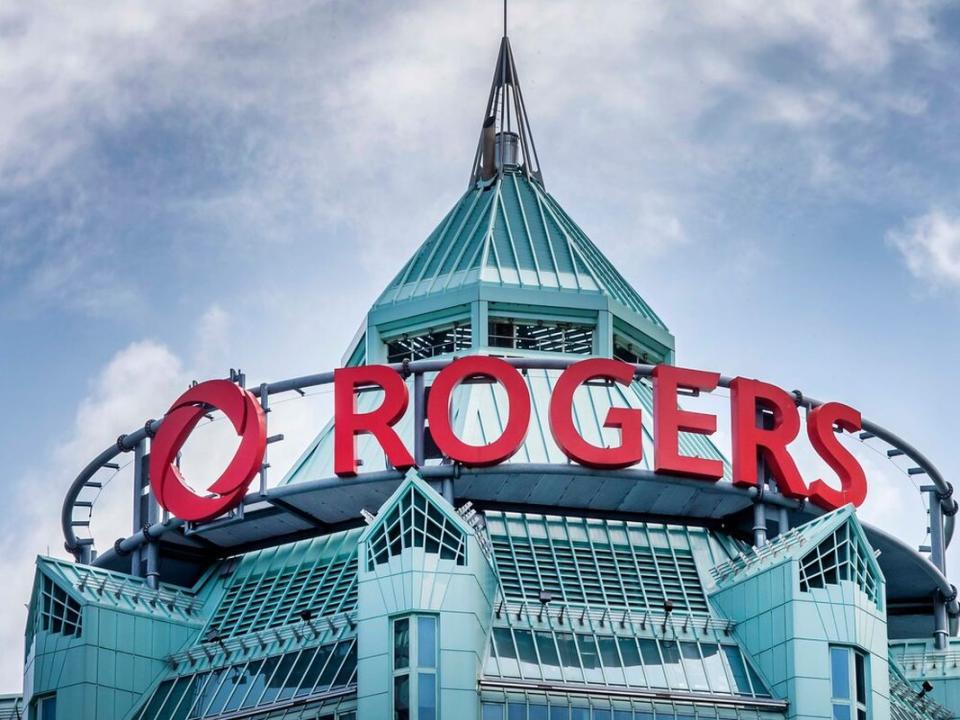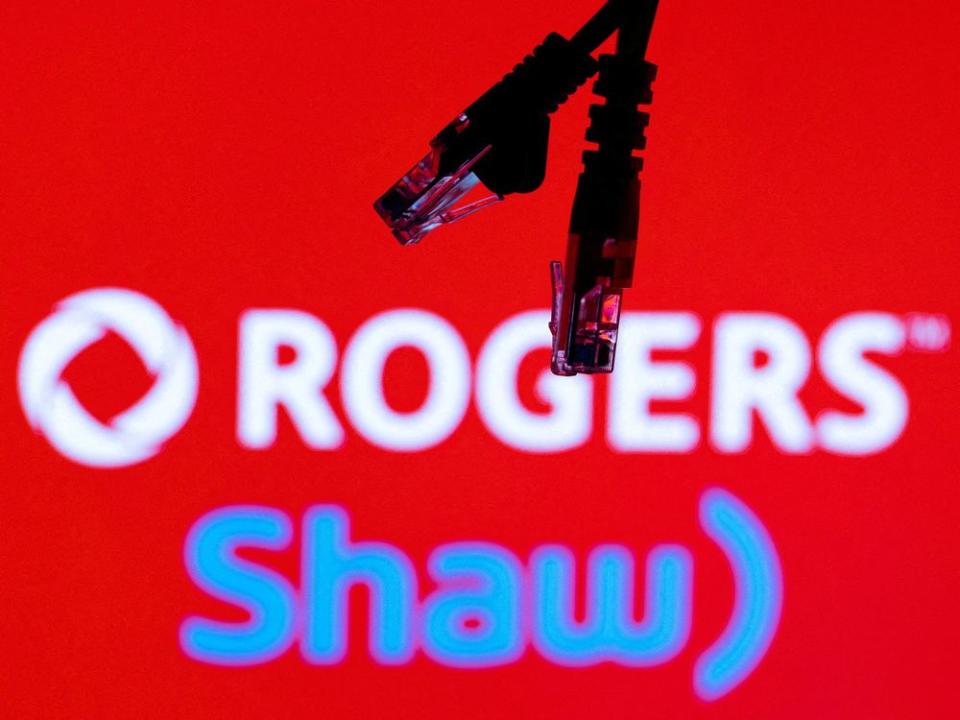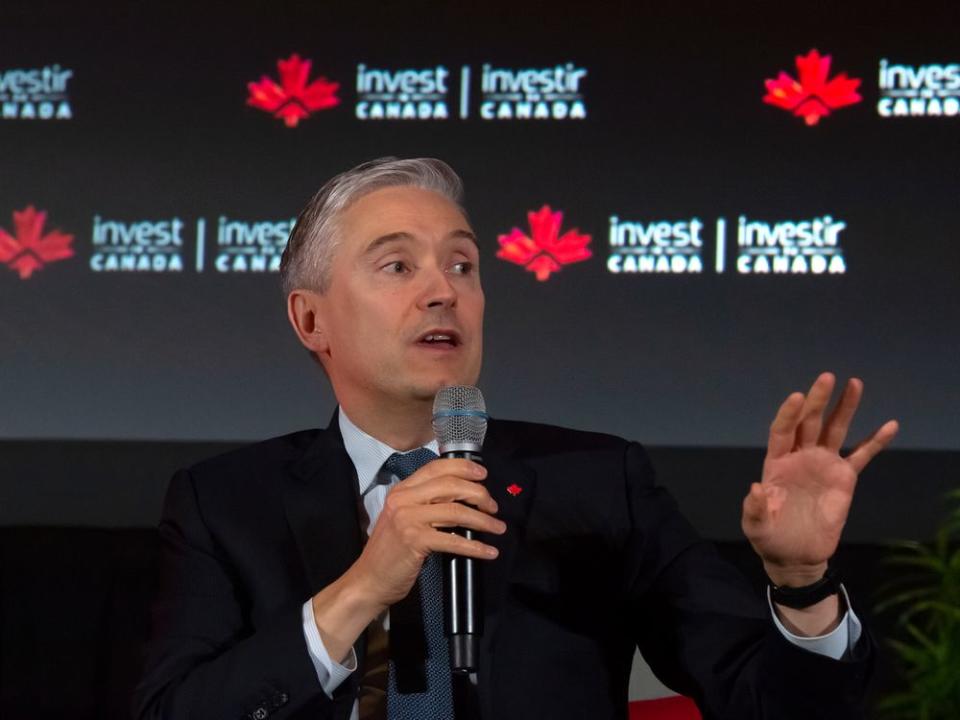Ottawa approves $26-billion Rogers-Shaw deal

Ottawa has cleared the way for Rogers Communications Inc. to complete its takeover of Shaw Communications Inc. after Industry Minister François-Philippe Champagne approved the transfer of spectrum licences from Shaw’s Freedom Mobile to Quebecor Inc.’s Vidéotron.
The approval of Freedom’s sale to Videotron was the final step needed for Rogers to conclude its $26-billion takeover of Shaw, a tortured process that has lasted a year longer than the Toronto-based telecommunications giant originally expected.
Champagne said both Vidéotron and Rogers are subject to agreements, signed by the parties, as part of the approval. These include Vidéotron not being allowed to transfer the Freedom Mobile licences for 10 years and Rogers establishing a Western headquarters in Calgary and maintaining it for a minimum of 10 years. Rogers must also create 3,000 new jobs, and invest $1 billion in broadband internet access and $2.5 billion in its 5G network.
There are 21 conditions set between the companies.
“Should the parties fail to live up to any of their commitments, our government will use every means in our power to enforce the terms on behalf of Canadians,” Champagne said in a release.
At a press conference, Champagne said he would act like a “hawk” to ensure the companies abide by the agreement. He also said he expected Freedom’s sale to Vidéotron to bring wireless prices down “significantly” within a reasonable amount of time, or else the government would act.
“I will ensure that a new fourth national player can go toe-to-toe with the Big Three and actually drive down prices,” he said at a press conference March 31. “If I don’t see lower prices in Canada, everything is on the table and I will seek further powers in order to achieve that for Canadians.”
Champagne’s announcement comes on the same day as the latest deadline that Rogers and Shaw set to conclude their agreement — the fourth since the original deadline of the second quarter of 2022.
Scotiabank telecom analyst Maher Yaghi told clients ahead of the announcement that the next few months will focus on how quickly Rogers can extract the promised synergies from the transaction, as well as how fast the company can de-lever its balance sheet.
“We believe investors need to pay attention to the level of concessions that both Rogers and Quebecor have agreed to undertake,” Yaghi wrote Friday morning.
Rogers appeared initially to misjudge the willingness of regulators and politicians to give one of the biggest corporate takeovers in Canadian history a green light.

When Shaw purchased Wind Mobile in 2016 and renamed it Freedom, many in Ottawa thought the Calgary-based company would challenge the dominance of Rogers, Montreal-based BCE Inc.’s Bell, and Vancouver-based Telus Corp.
The sight of Shaw being absorbed by one of the Big Three telecommunications companies renewed concerns about competition in the market for cellular services. The government insisted on conditions and the Competition Bureau mounted a vigorous — but ultimately unsuccessful — attempt to block the takeover in court.
Selling Freedom to Quebecor amounted to a concession by Rogers and Shaw to those in Ottawa who worried the takeover would further consolidate an industry that provides what many now view as an essential service — a service for which Canadians pay some of the highest monthly rates in the world amid limited competition.
Quebecor’s Vidéotron unit is a dominant provider of cable and mobile service in Quebec and the company has said it will use Freedom to fulfill a long-held desire to expand across Canada.
The Globe reported that Champagne’s approval of the Freedom sale would come with conditions, but didn’t say what they would be.
Champagne had initially signalled a willingness to approve the sale of Freedom to Quebecor in October provided two conditions are met.

First, Vidéotron would have to hold Freedom’s spectrum licences for at least 10 years and, second, bring competitive wireless offerings to Ontario and Western Canada that mirror those in Quebec, where prices were brought down by around 20 per cent.
The merger already received approval from Shaw shareholders and the Court of King’s Bench of Alberta in 2021, the Canadian Radio-television and Telecommunications Commission in March last year and the Competition Tribunal at the end of 2022, a decision that was upheld by the Federal Court of Appeal last month.
The outside date for the deal comes a little over a week after the Canadian Radio-television and Telecommunications Commission on March 23 asked Rogers to provide details of its network-sharing arrangements with Quebecor by April 11, following a complaint from the independent internet service provider TekSavvy Solutions Inc. questioning the deals.
“The CRTC’s timing is equally interesting ahead of the coming outside date of March 31. We’ve seen other regulatory files seemingly fast-tracked in recent weeks, like the TPIA announcement on March 8,” Adam Shine, an analyst for National Bank of Canada, wrote in a March 24 note to clients.
The evolving CRTC review may either further delay ISED’s decision-making process or be allowed to run its course separately as has otherwise been presumed, Shine said.
He said the outside date could get pushed from March 31 to at least the end of April, or an approval may come from ISED, which has received all answers and written commitments from the companies that have been requested of them in recent weeks.
“It appears to us that this CRTC review is running parallel and separate,” he said.
The CRTC refused to comment on how the review will affect the decision from ISED. Rogers has also not indicated whether it will extend the deadline again, but has said previously that it respects the process and is committed to the Shaw deal.

 Yahoo Finance
Yahoo Finance 